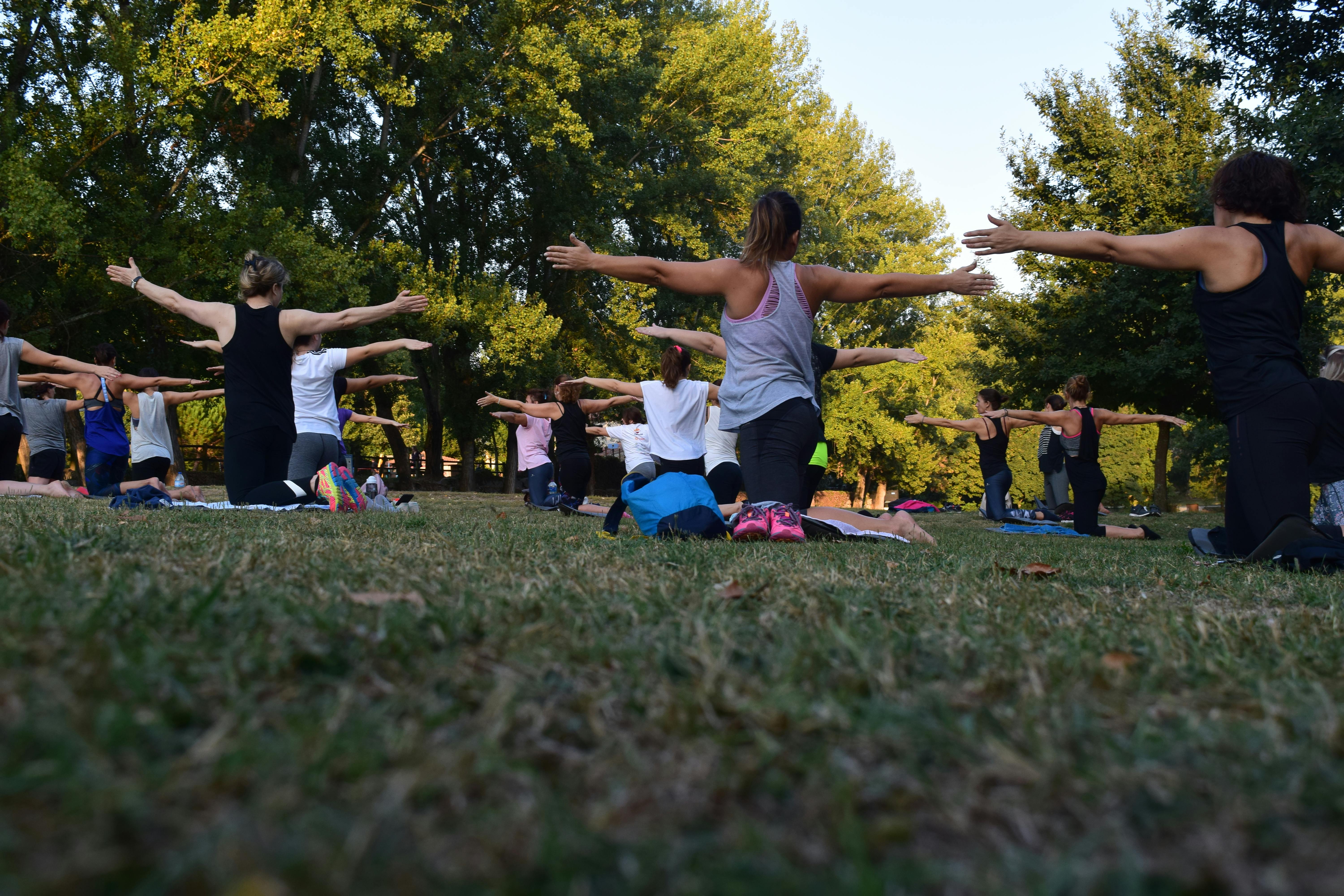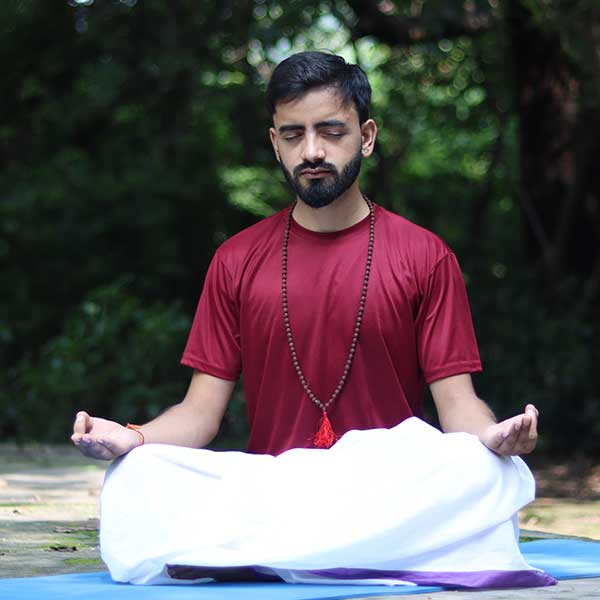
The Benefits of Yoga Nidra in Retreat Settings
Introduction
Yoga Nidra, whose term can be translated as “yogic sleep,” is a protectionist method that helps people enter the undefinable state between waking and sleeping. As much as it can be practiced in any environment, Yoga Nidra is most impactful in retreats. Due to the session’s setting, the retreat lends perfect ambiance to this kind of practice, thereby having many benefits to the body, mind, and spirit. In this article, we will discuss the peculiarities of practicing Yoga Nidra in retreats and how it impacts wellbeing.
What is Yoga Nidra?
Understanding the Practice
Yoga Nidra is a process that gives full-body relaxation and is highly suggestive because it is guided. Unlike a regular form of meditation, the practice of Yoga Nidra involves concentration, where the body is in a state of slumber but the mind is active. This practice also helps to let off steam, ease stress, and positively influence the physical experience of feeling at peace.
However, as Yoga Nidra has evolved over the years, several changes have taken place and this paper will seek to look at how Yoga Nidra started. Developed from the earliest roots of tantras, Yoga Nidra has therefore been effective for centuries as a therapeutic technique. Svāmī Satyānanda Sarasvatī developed it for mass usage in the 20th century, though the tradition can be traced back centuries earlier.
Why Yoga Nidra is Ideal for Retreats
Creating a Supportive Environment
Supported by this context, the authors state that retreats provide a specific context that allows the subject to escape the normal process and focus on the practice. Being in a retreat center, this practice can transpire in a stress-free environment, thus enabling the participants to encourage the practice of Yoga Nidra.
Deepening the Practice
Commonly, in a retreat setting, the practitioners are given a chance to practice Yoga Nidra several times in the course of the given days. It is reposted so that, in a sense, one is left with a more intense and therefore satisfying discharge of physical and emotional patterns while catapulting one into a more integrated sense of self.
Guidance from Experienced Instructors
Yoga Nidra is often practiced in retreats where trainers who will help the participants conduct the practice can be hired. It guarantees that practitioners will be able to make the most of the practice, developing an understanding of altered states of consciousness and relaxation.
Physical Benefits of Yoga Nidra in Retreat Settings
Promotes Deep Relaxation
Another benefit of Yoga Nidra is that it enables the body to get perfect relaxation, which is one of the physical advantages. When done in a retreat where practitioners can do Yoga Nidra often, the relaxation response is even more profound in that muscle tension is eased, the blood pressure is lowered, and the heart rate is slowed down.
Improves Sleep Quality
One of the effects of Yoga Nidra applied in a retreat is getting better sleep. Proper practice is known to help calm the nerves, making it easier for the body to launch into sleep mode and remain asleep. A lot of people testify to having some of the most restful nights as far as they can remember in a retreat.
Boosts the Immune System
Relaxation in Yoga Nidra has proved to enhance the immune system in the human body, according to some of the research done. When practicing in such circumstances, these advantages manifest in magnified ways as people give themselves to the process of practicing in a retreat and, therefore, enhanced health.
Mental Functions Served by Yoga Nidra in Retreat Circumstances
Reduces Stress and Anxiety
Tension and nervousness are well-known phenomena in the contemporary world where people are trying to work faster and produce more. Most of the above mentioned conditions can be helped by the practice of Yoga Nidra. In retreats where deviations from normal life stressors are possible, the practice can result in a substantial decline in anxiety and increased feelings of relaxation.
Enhances Focus and Concentration
Thus, Yoga Nidra can increase attention and concentration by leading practitioners to a state of rest and, at the same time, alertness. At a retreat without any distractions, one can reap these benefits in their mind, thereby enabling them to go back to life with better-functioning brains.
Promotes Emotional Healing
With regards to mental health, Yoga Nidra also helps in emotional healing, making individuals go within and let out some of the emotions that they may harbor deep within them. When such emotions are experienced, then the environment should be safe and supportive, such as in a retreat, to enable participants to address such a problem and thus improve individual emotional stability.
Psychological Outcomes of Yoga Nidra in Retreat Context
Promotes a Feeling of Serenity
That is why one of the most significant advantages of Yoga Nidra is the feeling of calmness inside. In a practice done in a retreat, this feeling of serenity is enhanced because of the setting of the exercise, which is surrounded by calmness and tranquility, which therefore makes participants feel balanced.
Encourages Self-Discovery
Yoga Nidra is one of the few chances to be who we are. Going to deeper levels does mean the practitioners get the chance to know more about who and why they are. Indeed, retreats, which are aimed at people’s inner work and self-development, are ideal for this process.
Builds Emotional Resilience
Another advantage of the retreats based on the use of Yoga Nidra stems from the improved emotional well-being and inner balance, which lead to better emotional resilience. People tend to come out of such a retreat more prepared to meet life’s challenges gently and peacefully.
Spiritual Aspect of Yoga Nidra in Retreat Context
Connects with Higher Consciousness
Yoga Nidra can therefore be said to be a process of going onwards and upward into a state of deep meditation. Practical experience has indicated that in the context of a retreat environment, where the environment is set up for relaxation — musically, mentally, and physically — for the exploration of the spirits; religious and spiritual self-identity is responsive to stimuli and capable of responding to high levels of religious inspiration.
Enhances Spiritual Growth
In my view, retreats provide the proper environment for spiritual practice to take place. Yoga Nidra, therefore, practiced in this context, can enhance the rate at which those involved gain spiritual experiences or a measure of divinity that reveals certain spirituality.
Endorses All-Round Health Management
In the context of retreats, therefore, Yoga Nidra offers a more complete prescription to health than just physical, mental, and emotional domains but also spiritual ones. This results in what one could easily refer to as a broad and contented life.
Conclusion
Yoga Nidra is a deep relaxation technique that has multiple advantages, especially when experienced in a retreat. While Yoga Nidra can be practiced individually or during group classes, engaging in Yoga Nidra at a retreat is one of the most profound ways, resulting in relaxation, healing of emotions, spirituality, and well-being. Although attending a Yoga Nidra retreat could be very beneficial for any kind of practitioner, from beginners to more experienced ones, the primary goal might be different, always regarding each person’s need and aspiration to live a full and enlightened life.






Leave a Comment